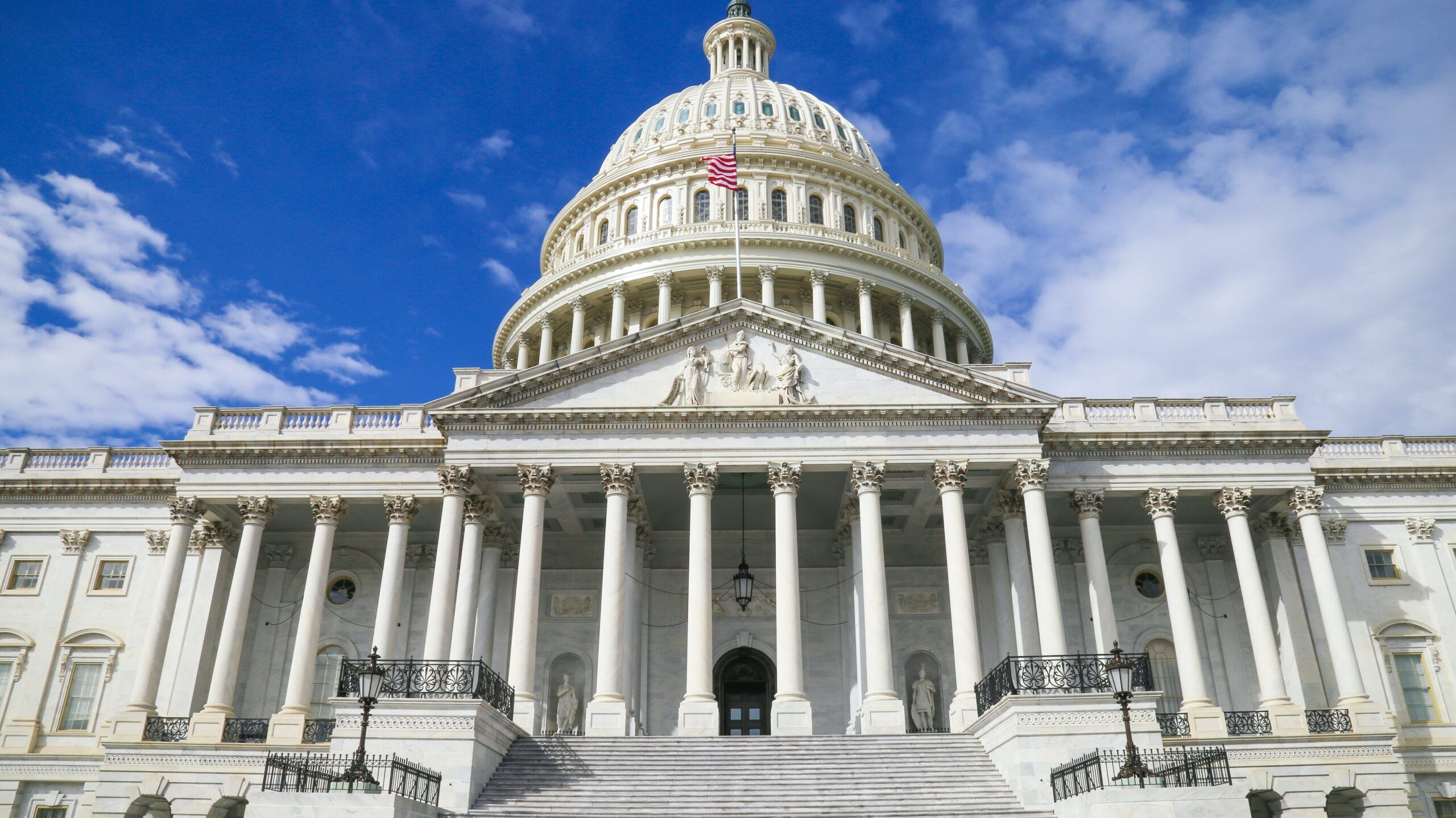
In March, President Biden announced he would nominate Lina Khan for Commissioner of the Federal Trade Commission (FTC). If confirmed, she would become the third Democrat on the five-person commission tasked with protecting consumers and preventing anticompetitive business practices.
The nomination is the latest chapter of a meteoric rise for Khan, whose 2017 paper, “Amazon’s Antitrust Paradox”, was published in the Yale Law Journal while she was still a law student. It quickly became a touchstone for going “against a consensus in antitrust circles that dates back to the 1970s — the moment when regulation was redefined to focus on consumer welfare, which is to say price.” For a company like Amazon, which is predicated on “its cut-rate deals, it would seem safe from federal intervention.”
Khan soon found herself in advisory roles to critics of tech’s power players, as well as becoming an Associate Professor of Law at Columbia Law School, where she “teaches and writes about antitrust law, infrastructure industries law, the antimonopoly tradition, and law and political economy.” She also became counsel on the US House Judiciary Committee’s Subcommittee on Antitrust, Commercial, and Administrative Law, where she worked with lawmakers over the course of 16 months to examine the business practices of companies like Google, Facebook, Amazon, and more.
Khan argues in “Amazon’s Antitrust Paradox” that Amazon’s data dominance, plus its “willing[ness] to forgo profits, [aggression], and… advantages from its shipping and warehouse infrastructure” means it “exerts an influence much broader than its market share.” Its reach is so vast, writes Khan, that “thousands of retailers and independent businesses that must ride Amazon’s rails to reach market are increasingly dependent on their biggest competitor.”
The notion that a “new framework… for how to assess and address [Amazon’s] dominance” when consumers are largely happy with their services is an influential one. The notion that price is the focal point for regulators is “too short-term” when a company like Amazon “sells things, competes against others selling things, and owns the platform where the deals are done.”
Naturally, Khan is not without critics. Former US Senator Orrin Hatch (R – Utah) dismissed the new ideology as “hipster antitrust” – a term that has stuck (either derisively or tongue-in-cheek, depending on who is using it). The New York Times characterized the resistance to her ideas in a 2018 profile as “fierce and prominent,” prompting former FTC players and law professors alike to caution that her ideas were problematic, unrealistic, or potentially damaging to the economy.
Senator Mike Lee (R – Utah) called the nomination “deeply concerning” in an early March statement, describing it as a “signal that President Biden intends to put ideology and politics ahead of competent antitrust enforcement, which would be gravely disappointing at a time when it is absolutely critical that we have strong and effective leadership at the enforcement agencies.”
But scrutiny of Big Tech has been the rare province of bipartisan cooperation in recent years. In 2017, Republican Senator Josh Hawley from Missouri began an investigation into Google’s business practices. In 2019, the Justice Department and FTC announced they would split oversight of Google and Amazon, while the Supreme Court gave the green light in to a long-simmering antitrust suit against Apple. More recently, Google found itself embroiled in three separate antitrust lawsuits, FTC and state attorneys brought an antitrust suit against Facebook, and Apple moved to alter its fee structure for smaller developers in what appeared to be a response to the previously mentioned, Supreme Court-approved lawsuit.
More than anything, Khan’s nomination is another data point indicating the Biden administration will focus on potential regulatory action in the tech space. The Khan announcement followed a similar announcement that Columbia Law professor, Tim Wu, “would join the National Economic Council to work on technology and competition policy,” reports CNBC. Biden’s stance stands in contrast to the previous Democratic president, Barack Obama, whose “tech-friendly White House… did not bring major enforcement actions against the tech giants.”
Between the myriad lawsuits (which will likely take years to play out), growing momentum from lawmakers to introduce potential legislation against tech’s largest companies, and the incoming nominations – Biden has yet to nominate the top Department of Justice antitrust official – it appears that the pressure will not be waning for Big Tech any time soon.







